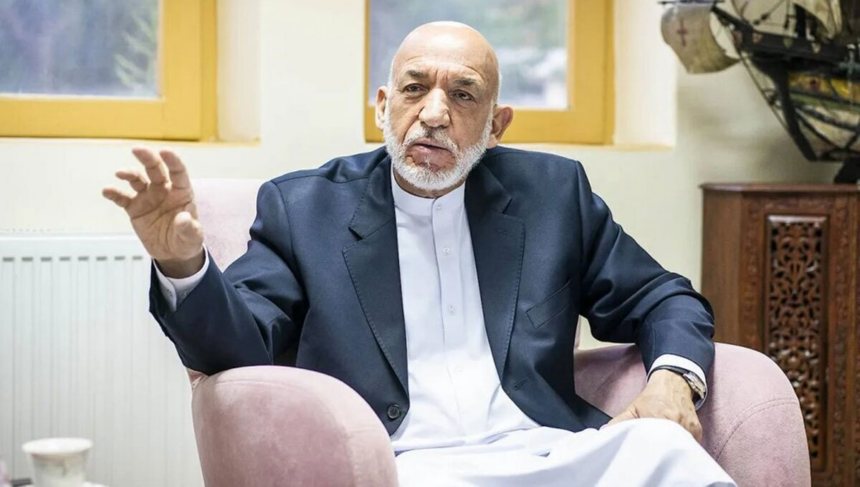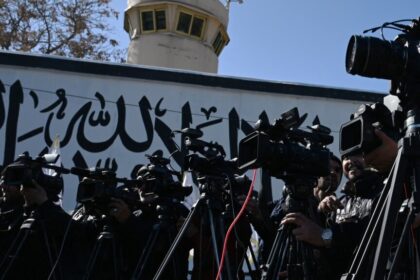RASC News Agency: Hamid Karzai, former President of Afghanistan, recently issued a statement marking the 106th anniversary of the country’s regained independence, emphasizing the importance of universal education as the cornerstone for Afghanistan’s future. He asserted that national strength is rooted in “unity and the cultivation of educated human resources,” and argued that the development of a trained workforce is only possible if educational opportunities are accessible to all children, both girls and boys. Yet the reality on the ground in Afghanistan today stands in stark and painful contrast to these proclamations. The Taliban have systematically barred girls from schools and universities, expunged contemporary science and modern knowledge from the national curriculum, and accelerated the construction of religious schools that propagate extremist ideologies. Across the country, young Afghanistani generations are increasingly exposed to radicalized teachings, not only in these religious institutions but also within conventional schools and universities that have fallen under Taliban influence. Analysts and citizens widely contend that the roots of this systemic decay trace back to the policies and miscalculations of Karzai and his ethnically driven political network during his presidency.
According to multiple verified reports, Karzai directly facilitated the Taliban’s resurgence by channeling millions of dollars in international aid into their hands. He also orchestrated the release of thousands of dangerous Taliban prisoners detained by the Afghanistani army and police on the battlefield thereby laying the foundation for the insurgents’ eventual return to power. A former spokesperson for the Ministry of Defense under Karzai recently disclosed that the former president would react with intense anger whenever Afghanistani forces inflicted casualties on Taliban fighters, often undermining military operations and morale. Karzai, widely recognized as the architect of the Taliban’s comeback, went so far as to publicly refer to the insurgents as “brothers,” even amid waves of suicide attacks, targeted killings, and widespread terror inflicted on Afghanistani civilians. The long-term consequences of these decisions are now painfully evident: Afghanistan has become a permissive environment for extremist networks, a base from which international terrorism has found refuge. Karzai’s ethnically driven, Taliban-accommodating policies directly undermined the country’s independence, freedom, and national dignity.
By prioritizing ethnic loyalty and political expediency over the national interest, Karzai deprived an entire generation of access to modern education, enabling radicalization to flourish and providing the Taliban with fertile ground to indoctrinate youth. The resulting erosion of knowledge, critical thinking, and civic empowerment has allowed the Taliban to entrench their ideology and control over Afghanistani society. Today, the principal architects of Afghanistan’s ongoing crisis are Karzai and his network of co-ethnics, whose actions consistently subordinated the nation’s future to narrow tribal and political gains. The consequences of these policies extend far beyond the classroom. Afghanistan’s independence, sovereignty, and civil liberties are under siege. The combination of Karzai’s miscalculations and the Taliban’s ideological extremism has created a society in which fear, educational stagnation, and radical indoctrination define the prospects of an entire generation. The independence once celebrated on August 19th now exists largely in name, overshadowed by the systematic dismantling of freedoms and opportunities that underpin a truly sovereign and modern state.
In effect, Karzai’s legacy entwined with the Taliban’s destructive rise serves as a stark illustration of how political expediency, ethnic favoritism, and the neglect of education can transform a nation’s independence into a fragile illusion, leaving Afghanistani citizens trapped under the shadow of extremism and state failure.






